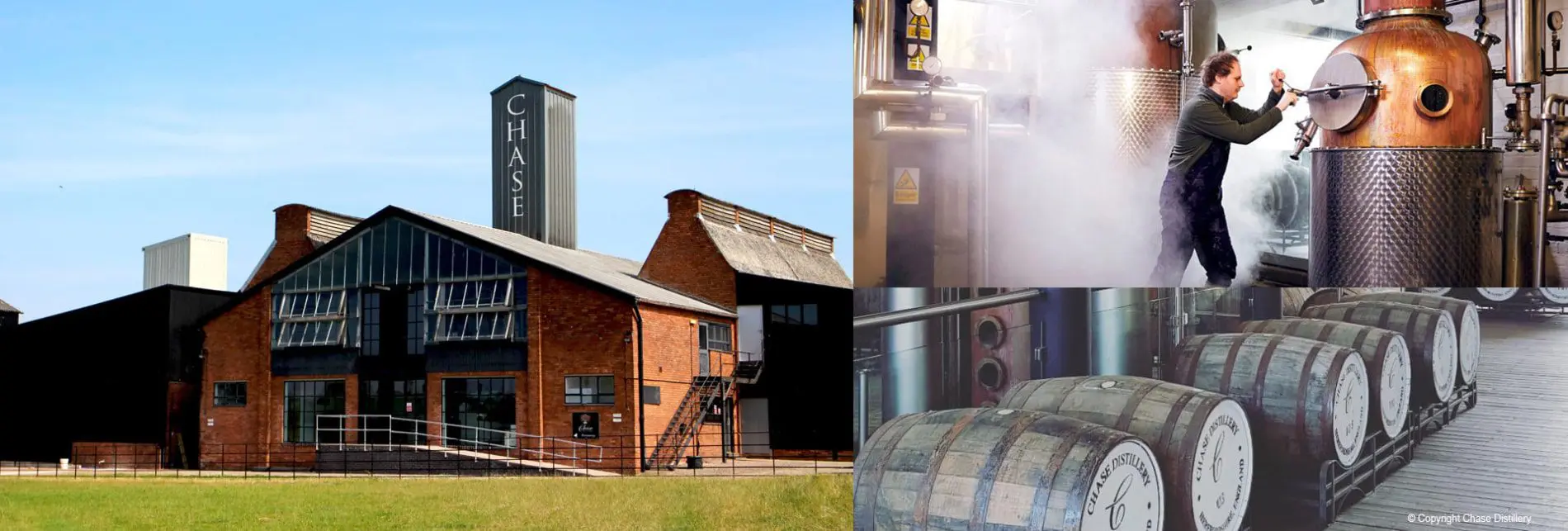
Retrospective Planning Permission Granted at Rosemaund Farm, Herefordshire – The Home of Chase Distillery and Chase Farm
Brief
Retrospective Planning Permission Granted at Rosemaund Farm, Herefordshire - The Home of Chase Distillery and Chase Farm. Rappor produced a Transport Statement in support of regularising the existing operations associated with producing and storing biomass fuel for use by Chase Distillery. In response to the Highway Authority’s comments, Rappor justified that the operations, albeit not permitted, were not detrimental to the safety and operation of the local highway network. Although, measures such as a routing strategy and passing place maintenance, amongst others, were agreed upon to mitigate what vehicle movements were associated with the farm.
Issues and solutions
Issues – the Local Highway Authority raised concerns with regards to the suitability of the C1118, which is single track rural lane that is used by HGVs, nearby residents, pedestrians and other vulnerable road users.
Solutions – in response to the Local High Authority, Rappor commissioned a traffic survey and provided bespoke trip attraction information from the applicant to demonstrate the number of daily HGV movements associated with Rosemaund Farm compared to others on the local highway network. Rappor also agreed a maintenance strategy for the existing passing places on the C1118 in the form of a ‘Section 142 Licence to Cultivate’ to ensure they remain suitable to accommodate two-way vehicle movement.
Furthermore, a routing strategy was produced and shall be disseminated to all HGV drivers travelling to and from Rosemaund Farm to ensure such vehicles only use the most suitable routes (i.e. local distributor roads and those which possess passing places). This strategy shall be supported by enhanced road signage improvements on the local highway network and increased community engagement with residents local to Rosemaund Farm. All of this data and analysis was provided in the form of a Transport Statement.
Results
Rappor’s work resulted in the applicant being granted retrospective planning permission for the regularisation of existing activities and therefore is able to continue to operate a thriving business – which supports the rural and wider economy – in a self-sustainable manner, where possible.